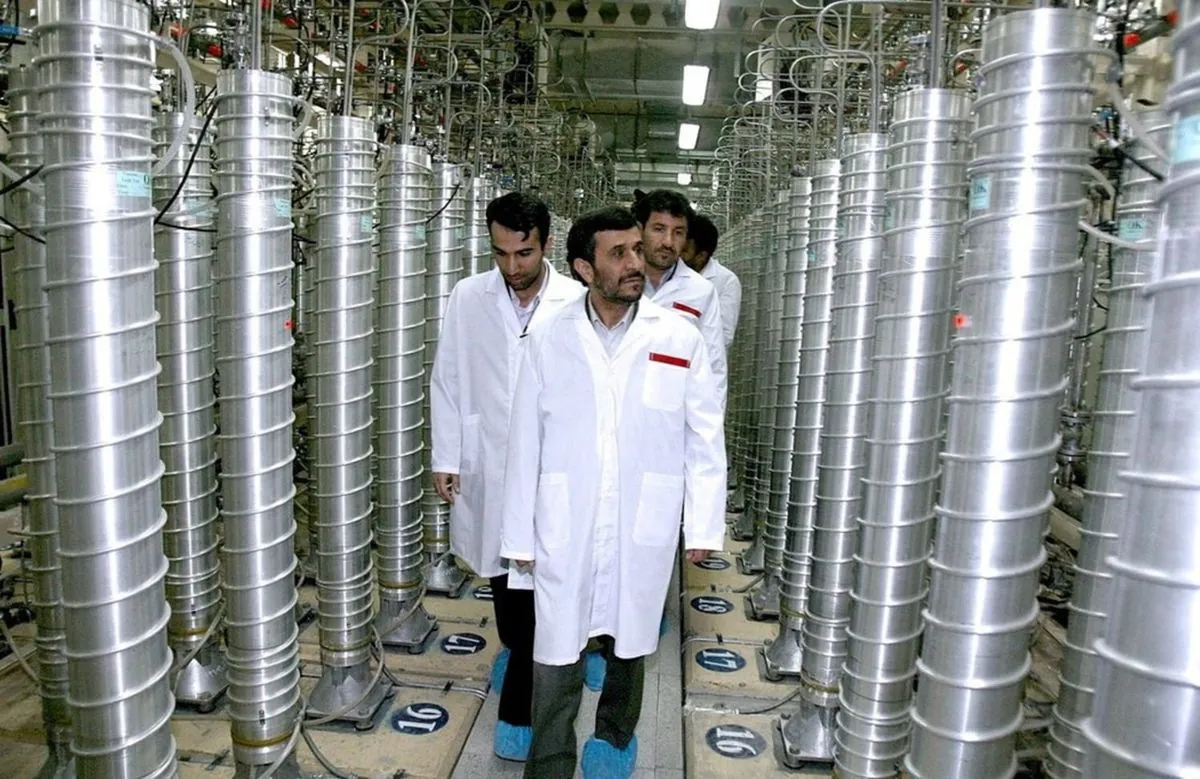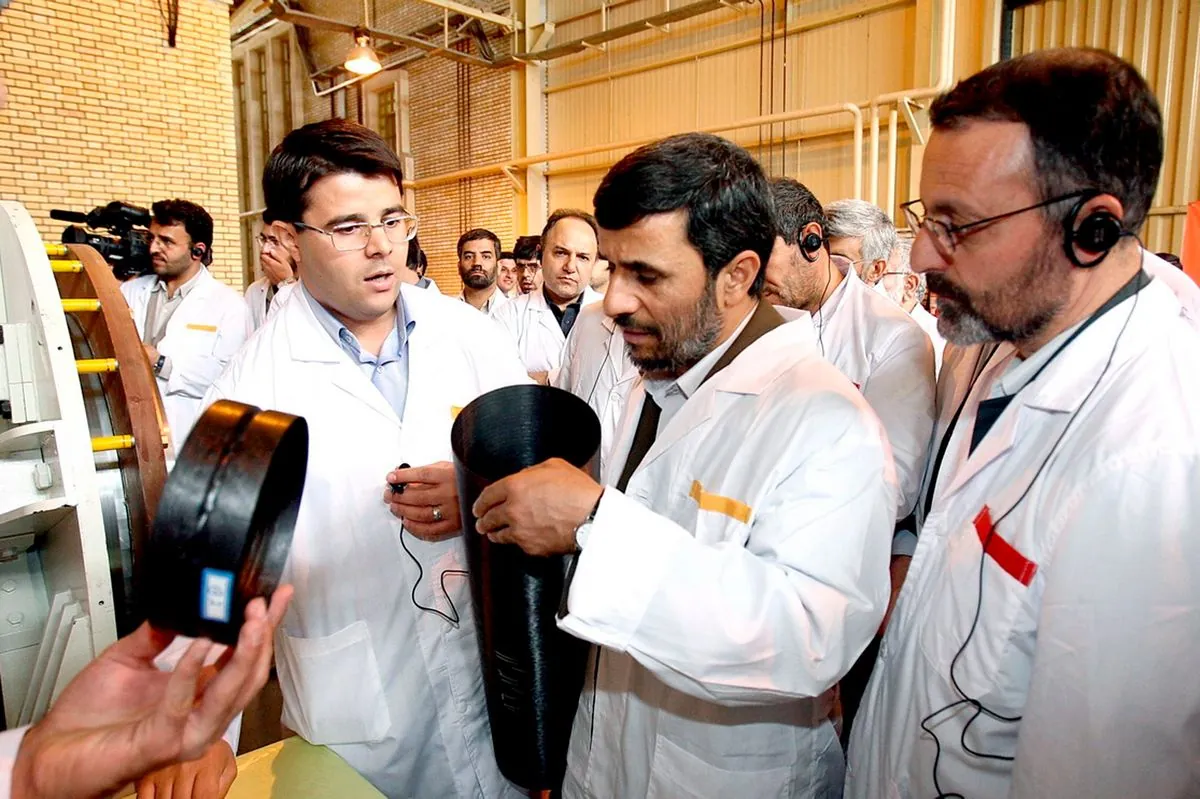Iran's Nuclear Ambitions Intensify Amid Regional Setbacks
Recent military losses and a failed missile attack on Israel raise concerns about Iran's nuclear intentions. Experts worry these setbacks could accelerate Iran's pursuit of nuclear weapons capabilities.

Iran's recent military setbacks and a largely ineffective missile attack on Israel have raised concerns about the country's potential nuclear ambitions. These developments come amid a complex geopolitical landscape, with implications for regional stability and international security.
On April 16, 2024, Iran launched approximately 180 ballistic missiles towards Israel, a response to earlier Israeli strikes. Despite the visual spectacle, the attack's impact was limited, with Israel's defense systems intercepting most incoming projectiles. This event highlighted Iran's conventional military limitations and potentially increased its motivation to pursue nuclear capabilities.
Ayatollah Ali Khamenei, Iran's supreme leader, described the attack as "extraordinary," "legal," and "legitimate" during Friday prayers in Tehran. However, his tone was somber, acknowledging recent losses, particularly the assassination of Hezbollah leader Hasan Nasrallah.
The weakening of Iran's "axis of resistance" – including Hamas, Hezbollah, and Houthi rebels – has left Tehran more vulnerable to regional threats. This situation has led to speculation about Iran's nuclear intentions.
"If the axis of resistance isn't working then the only deterrent might be a nuclear deterrent."
Iran's nuclear program has a long and complex history. The country began developing nuclear technology in the 1950s, with its first nuclear facility built in Tehran in 1967. Iran signed the Nuclear Non-Proliferation Treaty in 1968, but its nuclear ambitions have been a source of international concern for decades.

The Joint Comprehensive Plan of Action (JCPOA), signed in 2015, aimed to curb Iran's nuclear activities in exchange for sanctions relief. However, the agreement's effectiveness was compromised when the United States withdrew in 2018 under then-President Donald Trump.
Since 2020, Iran has accelerated its nuclear program, enriching uranium to higher levels and restricting international inspections. The International Atomic Energy Agency (IAEA) has reported that Iran's stockpile of enriched uranium exceeded agreed-upon limits in 2019.
U.S. intelligence assessments paint a concerning picture. A February 2024 report from the Office of the Director of National Intelligence stated that Iran has "undertaken activities that better position it to produce a nuclear device, if it chooses to do so."
The Fordow Fuel Enrichment Plant, built into a mountain near Qom, is a key facility in Iran's nuclear infrastructure. Its fortified nature makes it a challenging target for potential military strikes.
As tensions escalate, the international community watches closely for Israel's response to Iran's missile attack. Some experts worry that Israel may consider striking Iran's nuclear facilities, potentially triggering further escalation.
Gregory Koblentz, an associate professor and nonproliferation expert at George Mason University, suggests that recent Israeli actions against Hezbollah may have been partly intended to neutralize the group's missile forces, which were seen as a deterrent against attacks on Iranian nuclear sites.
The situation remains volatile, with the potential for miscalculation on all sides. As Iran faces continued pressure and setbacks, the international community must navigate a delicate balance between deterrence and diplomacy to prevent further escalation and the potential development of nuclear weapons in the region.


































